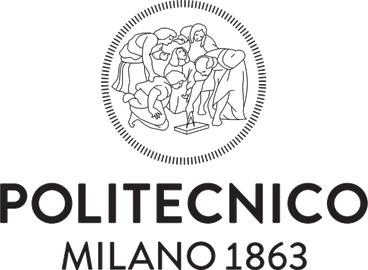Politecnico di Milano: Mega-Events And Cultural Heritage: Risks And Opportunities
The Winter Olympics Milano-Cortina 2026, the Jubilee, the Expo, European Capitals of Culture: how can cities host mega-events without putting their cultural heritage at risk?
The first systematic documented answer to this question comes from the HOMEE, Heritage Opportunities/Threats within Mega-events in Europe project coordinated by Politecnico di Milano.
Adapting and reusing infrastructures and existing venues to lower the costs of mega-events and improve the long-term effects, integrating structures into the city’s existing urban fabric, mobilising actors, resources and historic locations in a capillary way. These are some of the recommendationsthat emerged thanks to the HOMEE project and are now included in a Charter, a valuable tool to aid cities like Rome and Milan, getting ready to host the 2025 Jubilee and the upcoming Winter Olympics in 2026.
Three years of work have included analysis of case histories of cultural mega-events throughout Europe (including the Expo 2015 in Milan and Matera European Capital of Culture 2019) carried out by 4 research centres: Politecnico di Milano, Hull University (UK), Neapolis University di Pafos (Cyprus), and the International Cultural Center (Poland), in collaboration with 16 associated partners, selected from public and no-profit institutions throughout Europe. This research has led to drawing up of the Charter for mega-events in heritage-rich cities. A document that, with 4 general themes, 13 principles, 51 recommendations and various case histories, guides cities getting ready to host mega-events, which will be able to benefit from the opportunities offered without compromising their cultural heritage and local communities.
The dissemination stage is achieving results way beyond the project’s highest expectations, with important scientific publications, and associations and organisations worldwide showing interest in and subscribing to the Charter. This confirms the technical and political relevance of the Charter and of our research project.
comments HOMEE Project coordinator Davide Ponzini, associate professor at the Department of Architecture and Urban Studies.
The 4 themes cover, firstly, the context: mega-events must be selected, scaled and integrated to respect their location, where possible plans should reuse and adapt existing facilities or design context-sensitive interventions. Then, planning legacies, useful for aligning plans and projects for mega-events with urban and territorial strategies. Thirdly, inclusive governance: involve cultural heritage experts, policy makers and operators in the bidding, planning and legacy phases. And finally, communities and identities: mobilise communities locally for a more equal, long-lasting urban heritage.
National interest in the Charter has come in the form of subscription by the National Association of Italian Municipalities, which represents over 7,000 municipalities.
While subscription by Europa Nostra, and the European Capitals of Culture 2022 and 2023 are definitely excellent signs on an international level. We welcome subscription by ANCI (National Association of Italian Municipalities) with huge satisfaction as it motivates us to do even more to disseminate the Charter in Italy.
From today, historic heritage-rich cities have a new tool to help them make appropriate choices suitable for their particular context and sustainable development.

